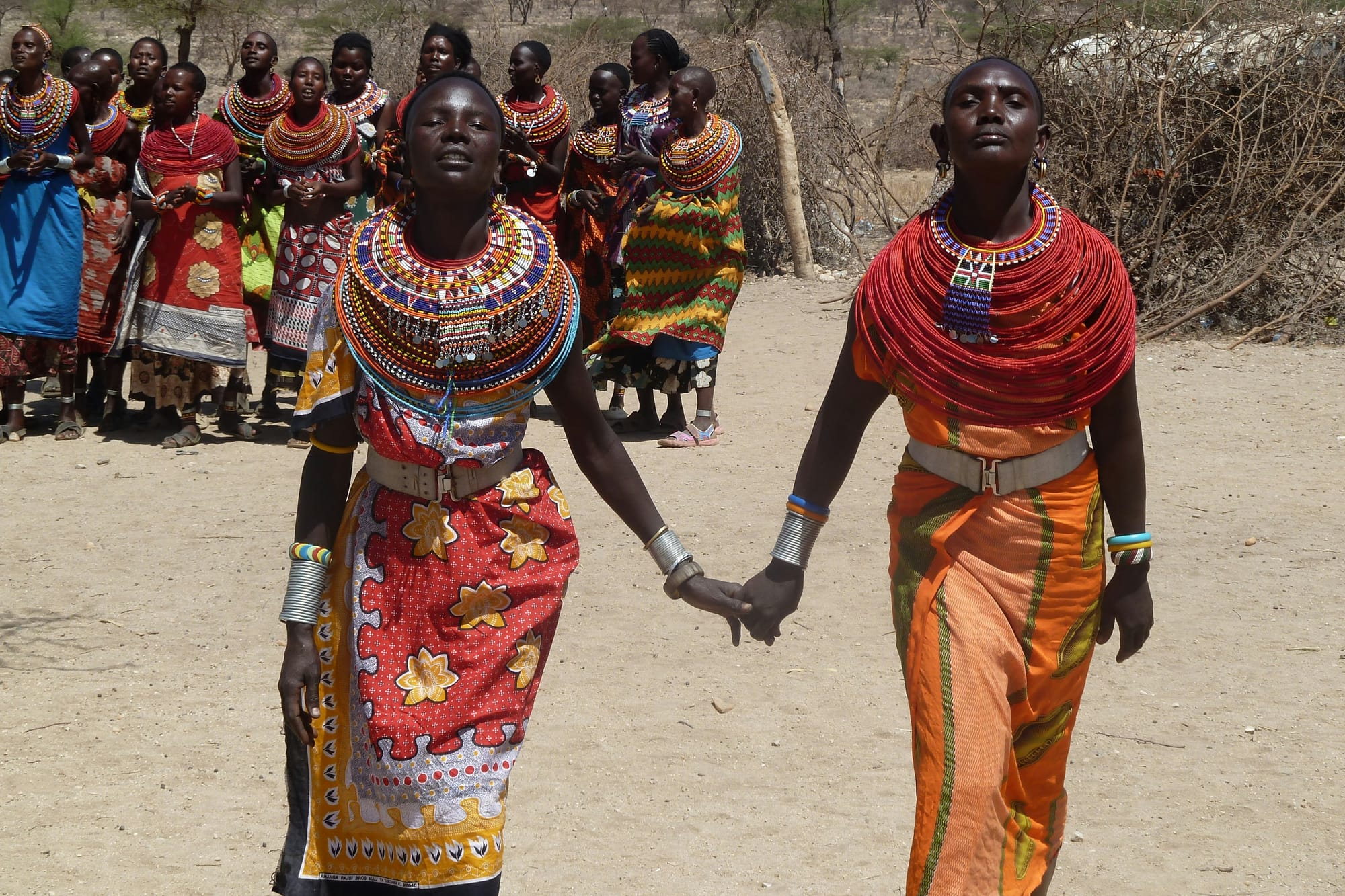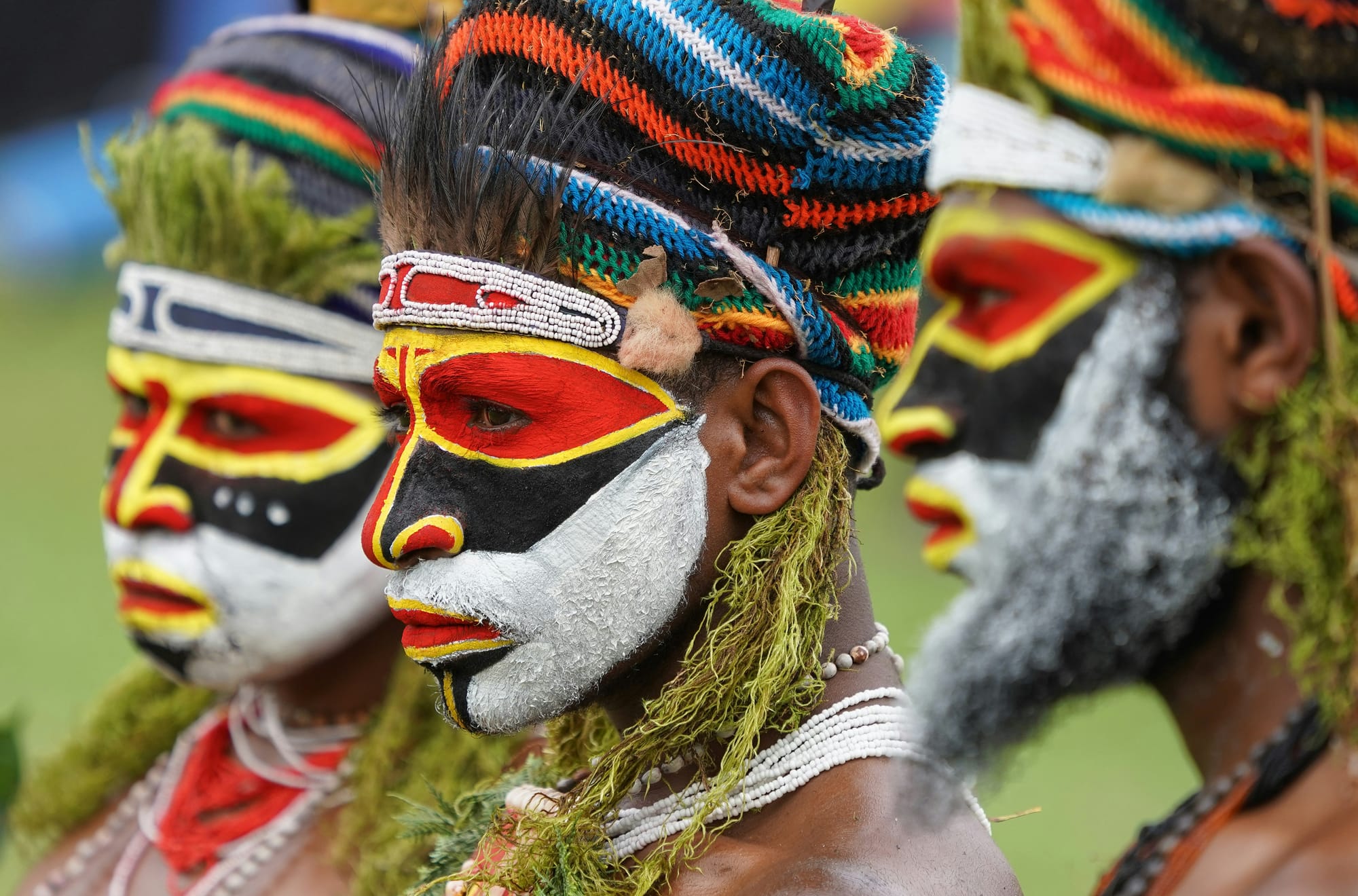Who are Indigenous Students?
Indigenous students are individuals who belong to the original inhabitants of a region, maintaining distinct cultural, social, and linguistic identities. They are often part of communities that have deep-rooted connections to their ancestral lands and practices, passed down through generations. Despite these rich cultural legacies, Indigenous students frequently encounter significant barriers within educational systems.

Challenges Faced
Indigenous students often face a range of challenges, including but not limited to:
- Access to Education
Many Indigenous communities face systemic barriers to accessing quality education, including geographical isolation, lack of resources, and insufficient representation in curricula. - Cultural Preservation
Maintaining cultural identity within education systems that may not recognize or value Indigenous knowledge and languages. - Discrimination and Marginalization
Indigenous students often experience discrimination, both overt and subtle, within educational institutions, affecting their mental health and academic success. - Underrepresentation
Indigenous students are often underrepresented in higher education, leadership positions, and decision-making processes that affect their communities.

Why does it matter?
Supporting Indigenous students is not just a matter of educational equity; it is a crucial step in preserving the cultural diversity and knowledge systems that are vital to our global society. Empowering Indigenous students means fostering a more inclusive, just, and sustainable world.








